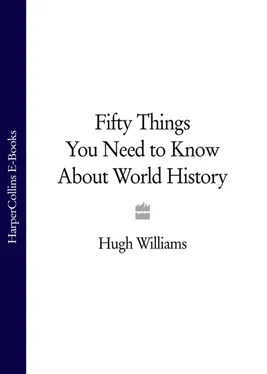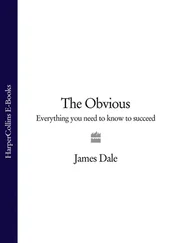Britain was different. Ever since Henry VIII had broken away from the Roman church at the beginning of the sixteenth century and provided, though not intentionally, a form of royal licence for reformation, the nation had been involved in a long battle for religious liberty. This happened elsewhere in Europe too, but in Britain it resulted in the civil wars of the seventeenth century and, in 1649, the execution of the King and the creation of the brief republic of Oliver Cromwell. Over time, expressions of religious and political liberty came to mean similar things. The Bill of Rights that Parliament imposed on its new king, William III, in 1689, was both a religious and political settlement. It banned Roman Catholics from the monarchy – they were ‘inconsistent with the safety and welfare of this Protestant kingdom’ – but also restricted the powers of the sovereign. Freedom from royal interference in the law, freedom of speech in Parliament, and freedom from taxation by royal prerogative were all enshrined in the English constitution, an unwritten distillation of precedent and acts of Parliament. In the years that followed, these ideas were expanded and developed by eighteenth-century philosophers and writers, creating an age of freedom of thought – an ‘enlightenment’ – that was entirely new. But if the British felt that they enjoyed liberty, it existed in a form that fell far short of democracy. The aristocracy and landowners controlled Parliament because they owned its constituencies – sometimes so-called ‘rotten boroughs’ with no one living in them – and chose the members to represent them. These were people who had grown rich as Britain expanded her empire: caution and conservatism were the weapons they used to protect their wealth.
Franklin declared that he was not just a colonist but a Briton’.
In the American colonies, English concepts of more open and more inclusive government began to find an opportunity for unfettered expansion. Self-reliance is a natural ally of democracy. The men and women who built new lives far from home developed a sense of fellowship and common identity. They viewed themselves very differently from the way they were regarded in London. But they were not revolutionaries. In 1760, Benjamin Franklin, one of the signatories of the Declaration of Independence, declared that he was not just a colonist but ‘a Briton’, and added: ‘I have long been of Opinion that the Foundations of the future Grandeur and Stability of the British Empire lie in America.’ In that statement can be found the seeds of the tension between the British government and its lands across the Atlantic. The colonists were loyal, but proud and independent too. They wanted to share in the growth of the British Empire on an equal footing, not as a subservient people. The British, meanwhile, grew increasingly irritated with the behaviour of the colonists who failed to act in unison, defied the King’s instructions and, most importantly of all, baulked at paying the cost of the war that had protected them from French invasion. In Quebec in 1759, General James Wolfe defeated the French in a battle that gave Britain control of the whole of North America. It was one of the most significant victories of the Seven Years’ War. The French, supported by native American Indians, had invaded areas west of British settlements planning to colonise them. George Washington, as a young major in the Virginia militia, saw action in an expedition against them.
Конец ознакомительного фрагмента.
Текст предоставлен ООО «ЛитРес».
Прочитайте эту книгу целиком, купив полную легальную версию на ЛитРес.
Безопасно оплатить книгу можно банковской картой Visa, MasterCard, Maestro, со счета мобильного телефона, с платежного терминала, в салоне МТС или Связной, через PayPal, WebMoney, Яндекс.Деньги, QIWI Кошелек, бонусными картами или другим удобным Вам способом.












